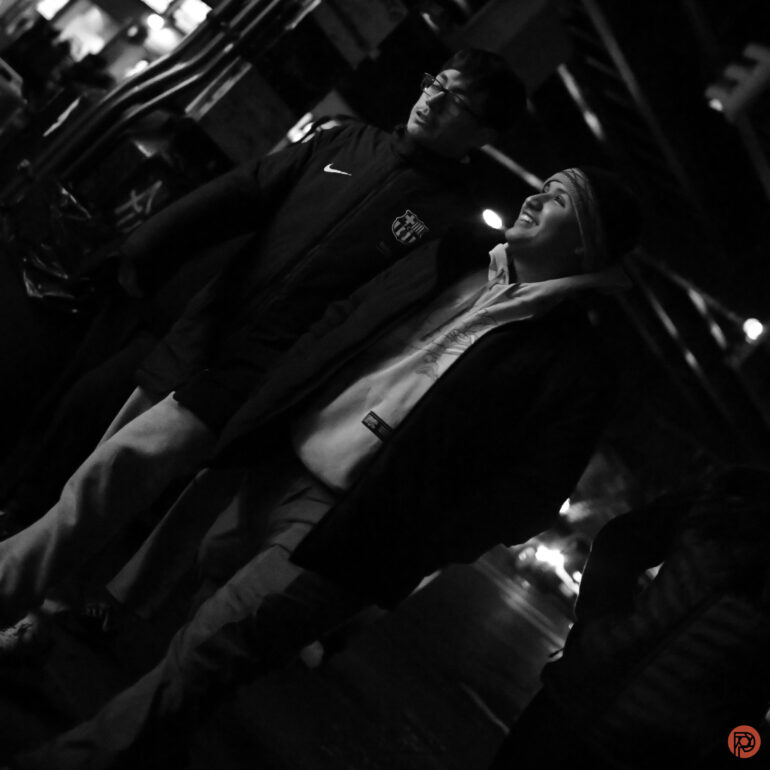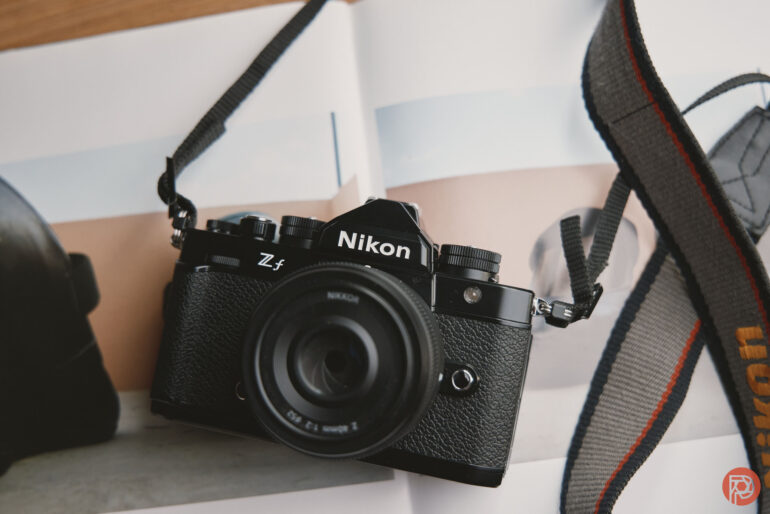
Spread the love
Travel photographers often require a compact device that meets their needs. This means you can change lenses, get a higher megapixel sensor, and enjoy all the other benefits inside a compact body. Nikon and Panasonic are not the names you will hear often for travel photographers. That’s because Panasonic manufactures hybrid devices, and Nikon’s full-frame cameras are larger than compact devices. But with the launch of Panasonic S9 and Nikon Zf, that changed. Today, we let them battle it out to see which one you should go for.
Autofocus
The Panasonic S9 is a compact camera, but we found that its focus peaking isn’t particularly impressive. You have the option of zone focusing, but you won’t get the best results if you are shooting with a lens that is designed for autofocus needs. But when it came to street phtoography, the S9 nailed it with the Leica 28mm f2 SL. People who understand what they are doing, for them, the S9 is exceptional. On its own, the autofocus is suitable for multiple situations.

The Nikon Zf is another device where focusing can be challenging. The camera can focus quickly and accurately in good light and most low-light situations. However, with POC, which moves fast, it lags behind. With the firmware update, you also get bird-only focus, which is a great addition as well. For street photographers, we found this to be their go-to camera.
Specs:
– Panasonic S9 features 779 AF points, with humans, animals, cars, motorcycles, trains, and airplanes
– The Nikon Zf has 273 AF points, 3D Tracking mode, and can detect humans, animals, bicycles, and airplanes
Image Quality/High ISO

In our test, we loaded the S9 camera with LUTs, which helped the camera to get images as if they were shot with Kodak Portra and print film. The JEPGs are exceptional; the images appear aesthetically pleasing, and the colors are well-suited. You can shoot images up to ISO 12,800, and you will get phenomenal results. As we said, “A skilled photographer will find it nearly impossible to not get good photographs with this camera.” When you edit your images on Capture One, the files perform just as well as the LUMIX S5 II. The colors are rich and versatile, and the high ISO results are much cleaner.

The Nikon Zf allows you to recover details from highlights and shadows. And a reason behind this is the colors from the camera, which are similar to the D700. In fact, the RAW files work much better with Capture One Pro, as it allows you to adjust image profile curves such as Vivid, Monochrome, and Flat. As for the high ISO, the image quality is exceptional, and you can shoot up to ISO 51,200 without much challenge. As we said, “Combine this with the cool black and white JPEG output and vivid JPEG output otherwise, and there’s a lot to love.”
Specs:
– Panasonic S9 has ISO up to 204,800, 6.5 stops of correction, and 30 fps of burst rate
– Nikon Zf can shoot multiple files and stack them as one in a 96MP file. It also features a 30fps burst rate and an ISO range of up to 204,800.
Build/Ergonomics

Like the Ricoh series, the S9 does not feature weather sealing. But otherwise, the device feels incredible in your hands. It is lightweight and reminds you of older Leica compact cameras. The device features multiple capabilities, including real-time LUTs, which aid in creating stunning still images. However, if you are into flash photography, you will be disappointed to learn there is no hot shoe on the camera.

The Nikon Zf features a subtle hand grip and is weather-resistant. It is durable, but it lacks a sensor shutter, which means you have to change your lens quickly. It is also a device you want to carry around all day. Overall, after multiple firmware updates, the camera is quite fantastic for use. As we said, “Something that I’m really happy about is the new retouch functionality. The Nikon Zf adds this cool thing called overlay which basically lets you make a multiple exposure photo in-camera after you’ve shot the images.”
Specs:
– The S9 features in-body five-axis stabilisation, 1.84m-dot touch LCD, and can work with L-mount lenses
– The device has a 2.1m-dot LCD, a 2.4m-dot EVF, and 5-Axis vibration reduction
Conclusion
The Nikon Zf costs $2096, while the Panasonic S9 costs $1497. Both cameras are perfect in their respective performance, but the major difference boils down to the use of an EVF and flash. If you are someone who absolutely relies on those two, then the Zf is your go-to camera. However, if it doesn’t matter as much, and you can go to the weather sealing, then the S9 is for you. Like real-time LUT, Nikon features its own receipies, which can help users get their desired image quality. So the other three things and the price will help you weigh what works best for you.

